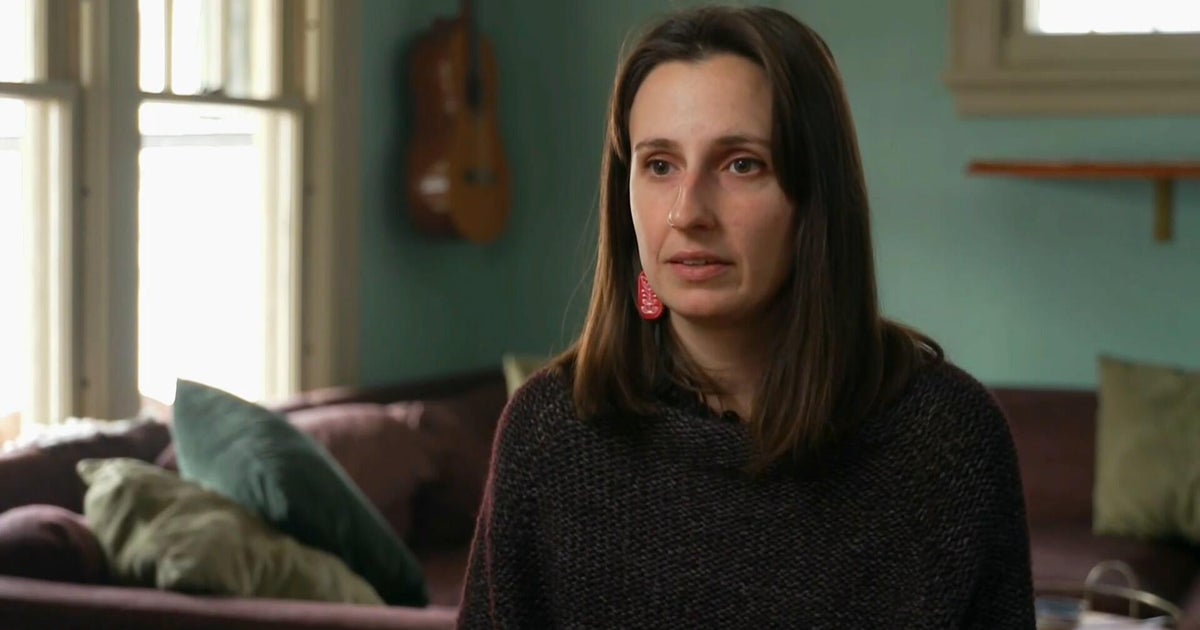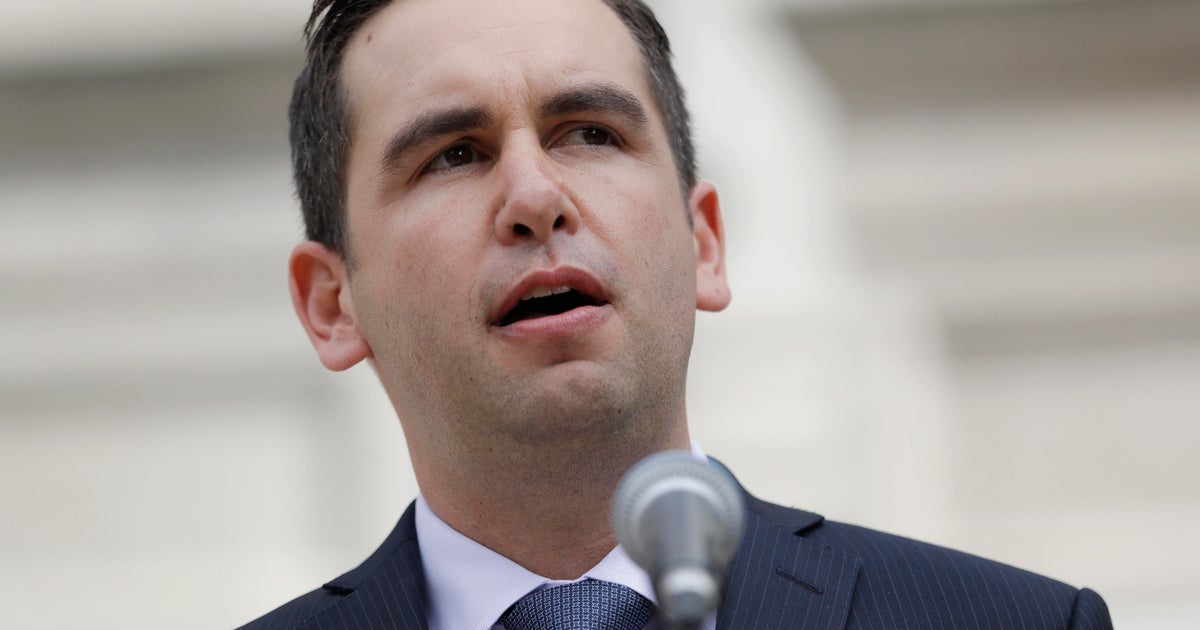Judy Collins: Life's lessons
We've heard her songs of love and life and despair. Now, CBS News Sunday Morning's Eugenia Zukerman brings us a little bit closer to the singer whose unforgettable music has the power to lift people's sorrows.
For four decades, Judy Collins has been reaching out to people with her songs of love and loss, hope and despair. She's always believed that music has the power to ease one's sorrows.
She says, "You know, there's nothing like life to teach you about life, and it comes in all kinds of different packages. It's not always pretty, it's not always fun."
For Judy Collins, that lesson hit hard seven years ago when her only child, Clark, committed suicide. He was 33 years old and had suffered on and off from alcoholism and drug addiction.
She recalls, "I really didn't know if I would make it. It's a terrible thing to contemplate the sadness and the pain that my son must have been in to do such a thing. My singing got me through. I was going to cancel everything and instead I went on tour."
Music helped her deal with her grief. Her latest book, Singing Lessons, describes the experience.
"My message really is for survivors, that they can survive, that they didn't cause it," Collins says. "You go through the darkness, and you come up out of it so that you can say, 'Thank God I had this beautiful person in my life for these few years' - the appreciation of his gifts and his talents - and we talk about Clark all the time and we appreciate him and love him."
Judy Collins grew up in a musical household. Her father sang popular songs on the radio. At first, she seemed destined for a career as a classical pianist. She studied with the talented pianist and conductor Antonia Brico.
"Years later," she recalls, "she would come to my concerts, and she would come backstage, after I had had success with records and concert touring, and she would take my hands in hers, and she would look deeply into my eyes. And she would say, 'Little Judy, you really could have gone places.'"
The song Barbara Allen made Judy Collins realize that folk music was her calling. In the early '60s she began working the clubs. By the end of the decade, her recording of Both Sides Now had made her a leading folk performer.
For Collins, "It was very hard work...but I really did love it. There was something intimate, and something wonderful about having to do all that to get there. Pack your bags, get on the train, get on the plane. And then be with your guitar in a room this size, sometimes, my living room, with 30, 40, 50, 60, 100 people."
Her concerts today still convey a sense of intimacy. But her life has never been as perfect as her voice or as lyrical as her songs. During the '60s she was fighting her own battle with alcohol - a struggle she eventually won.
Collins admits, "I drank hard, I partied hard." She says she still has to remain igilant, "I have been able to stay away from a drink a day at a time for 20 years now...and I'm conscious every day of the things that I have to do to take care of myself, to stay away."
She finds comfort in her granddaughter, Hollis, and in her husband, Louis Nelson, an industrial designer and artist. Collins and Nelson had lived together for 18 years before surprising everyone by marrying three years ago.
"I met him on a blind date," says Collins. "It was a dinner for the equal rights amendment."
It's fitting that they met at a political event. Collins has always embraced political causes. In the '60s, she spoke up for civil rights and against the Vietnam War. Today, she is a UNICEF International Ambassador for the Arts. A book entitled I Dream of Peace inspired her to write a song.
"It was the words and the drawings of children from Sarajevo and from Bosnia, children who were in refugee camps and bombed out schools, and hospitals," she says. "And that was both the name of the book and of course the name of the song that I wrote based on these children's words. It is moving when people hear it because they know it's right. I mean, they hear the truth in it."
This holiday season she, her husband and her granddaughter brought food to some of New York's homebound elderly as part of the Citymeals-on-Wheels program.
Collins says her motive is "helping to make somebody else's life better, who has a rough go of it," She explains, "It was the way I was brought up - that's the way I was taught."
And it's her belief that we are all equal in life. Even in her darkest moments, Judy Collins never thought "why me?" but rather "why not me?"
Her advice to those who have survived the suicide of a loved one:
"Celebrate the time that they had with their lost loved one. I like to keep his memory alive. I like to remember that I will always dream of him, which is a great comfort. And that he will always be in my life. He is part of my life. And my dialogue with him continues."
©1999 CBS Worldwide Corp. All rights reserved. This material may not be published, broadcast, rewritten, or redistributed



